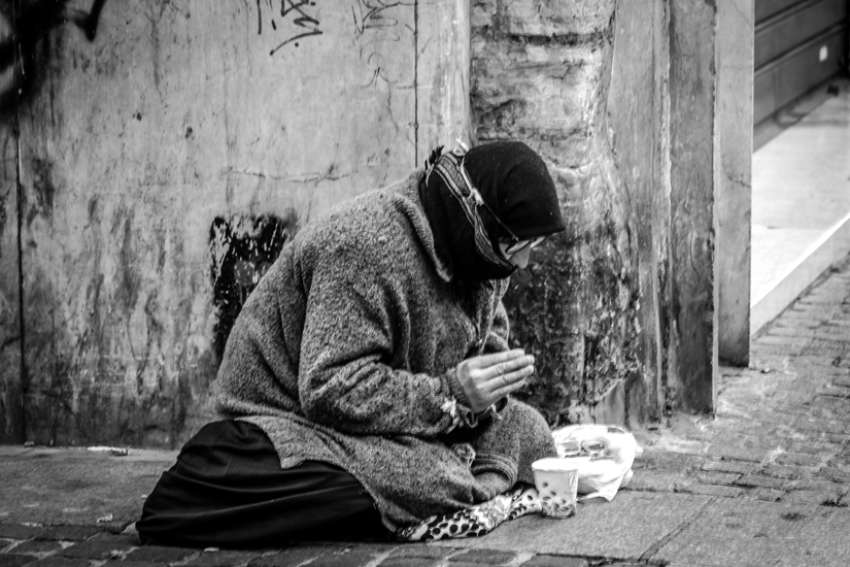The religious principles that we assent to should govern all areas of our life — how we walk down the street, the tone of voice we use and the words we choose, the way we do business and go about our work, the way we treat those who are weaker and more vulnerable than we are, and how we behave when there is nothing to restrain us.
Rituals and ceremonies are not at the centre of religious faith, nor are institutions and structures. If we are not careful, they can actually separate us from God.
The prophets were of one accord when they brushed aside conventional religiosity when it was not joined with a concern for justice and care of the poor and weak. In several places in the prophets, God expressed scorn for rituals and liturgies because they were an attempt to gain divine favour without exercising compassion and justice.
Isaiah and the other prophets made it crystal clear: Genuine worship of God is inseparable from generous hands-on care for the hungry, poor, weak and oppressed, and a zeal for lightening their burdens and encouraging them. These are the deeds that delight God, who has no need of incense and ceremony.
It is at this moment that God “hears” us — in other words, we feel God’s presence and love.
If God seems too distant and invisible, we need to look within ourselves and do a moral and spiritual inventory. Isaiah hammered home the point a second time: Remove the yoke from among you — this means every form of human oppression, domination and lack of freedom, and they are legion in today’s world.
The “pointing of the finger, the speaking of evil” also has to go. This describes many things, among them slander, gossip, bigotry, aggressive and insulting speech, and the rancorous polarization that seems to have taken ahold of our societies.
Only after all of these things are done will our light shine forth and make a difference in our dark and troubled world.
This is the praise and worship God wants. Let us not try to substitute something of our own making.
Paul understood perfectly that it is not words but deeds that carry the heavier weight. By his own admission, he was not a good speaker and did not have a commanding or confident presence.
When he visited the fractious and unruly Corinthian community, the only thing that he could bring with him was the Spirit working in and through him. Eloquence and wisdom had nothing to do with it, only the power of God. In a world drowning in words, it might help to try this approach. Say little; let the power of the Spirit speak.
Who has not sometimes felt overwhelmed and helpless in face of the world’s suffering and negativity? What can one person do? We begin where we stand.
In John’s Gospel, Jesus said, “I am the light of the world.” Matthew gives us a different approach: Jesus tells His followers, “You are the light of the world.” That means us! But what sort of light are we providing?
The light that shines from human hearts attuned to God has to provide for the entire world. The light may be dim, but a few flickering candles can light millions of others.
Jesus also used the image of salt — something used for preservation and purification. If the salt loses its particular quality, what good is it? Salt and light flow from focusing on the needs, happiness and well-being of others, especially those hurt and burdened by life. Coupled with unceasing kindness and mercy, there is no limit to the amount of good that we can do and the difference we can make.
God is not going to bail us out or fix the mess we have made of the world. God works through us — our baptism means that we have made a covenant with God and with Jesus to continue the work of the kingdom.
Being a disciple of Jesus is a tremendous responsibility but also a great honour. It means that God trusts us and relies on us. Let us hope and pray that we not let God down.


